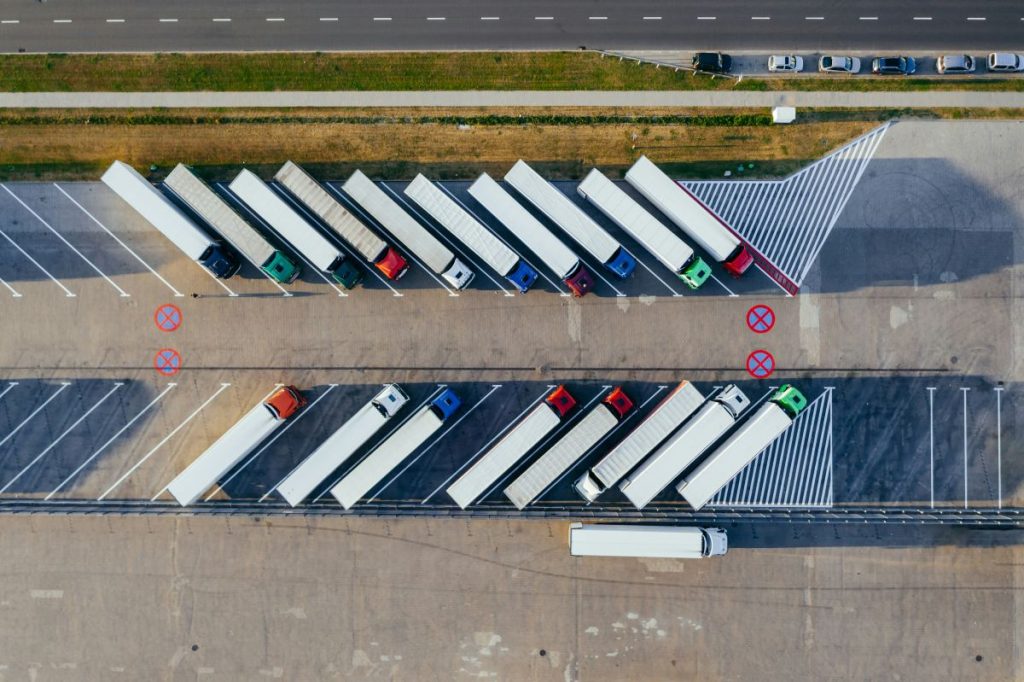As market conditions shift and technology accelerates, logistics partnerships are being redefined. Shippers are demanding more control, more agility, and clearer value from their 3PLs. The question is no longer whether to outsource—but how, where, and why.
The third-party logistics market is in a period of accelerated change. Once seen as steady execution partners, 3PLs are now under greater scrutiny. Shippers are re-evaluating the role these providers play, not only in day-to-day operations, but in broader strategic decisions. And in many cases, they’re taking functions back in-house.
Some organizations are investing in their own transportation and warehouse management systems—tools that were once bundled with 3PL services. Others are shifting to hybrid models, where internal teams direct the strategy while 3PL personnel provide execution support. Meanwhile, larger shippers are signing longer, more integrated contracts with their logistics providers, valuing continuity, embedded expertise, and scalable services.
This is not a contradiction. It’s the evolution of outsourcing—away from transactional arrangements and toward more deliberate, fit-for-purpose strategies. In this market, control, transparency, and technology fluency matter more than ever.
Technology, Talent, and the End of “Business as Usual”
Despite all the talk of transformation, many 3PLs still rely on legacy systems that limit adaptability. Some shippers remain locked into outdated platforms simply because changing them feels too costly or complex. But this creates exposure—not just to inefficiency, but to risk. Aging technology often lacks modern cybersecurity protections, creating vulnerabilities in a world where logistics data is a critical asset.
It’s not just about software. Talent remains a pressure point. Providers that fail to invest in upskilling their teams, or that struggle to attract experienced operations professionals, are falling behind. And where service falters, shippers are increasingly willing to explore alternatives.
Even in cost-sensitive environments, shippers are pushing for more than execution. They want insight. They expect their logistics partners to bring ideas, optimize routes, flag inefficiencies, and surface opportunities they themselves may not see. The best providers aren’t just transport facilitators—they’re active contributors to performance improvement.
The New 3PL Mandate Is Precision, Not Proximity
As David Gonzalez of Gartner puts it, “Many shippers feel they want to take back control… Let’s not be too reliant on our outsourcing partners; let’s be more empowered and better informed.” That sentiment is gaining ground.
Four out of five logistics leaders, according to Gartner’s January 2025 research, plan to internalize at least some outsourced activities. Network design, managed transportation, and control tower operations are high on the list. The goal isn’t to sever ties with logistics partners, but to regain strategic visibility—and design smarter operating models in the process.
This doesn’t signal the end of 3PLs. It marks a higher bar. Providers must now earn their place not through incumbency, but through agility, capability, and clarity of value. It’s no longer enough to move goods. The expectation is to move the business forward.



